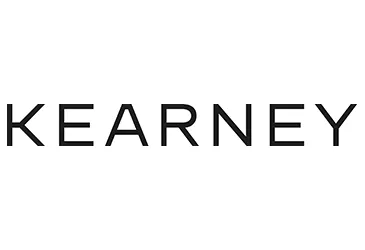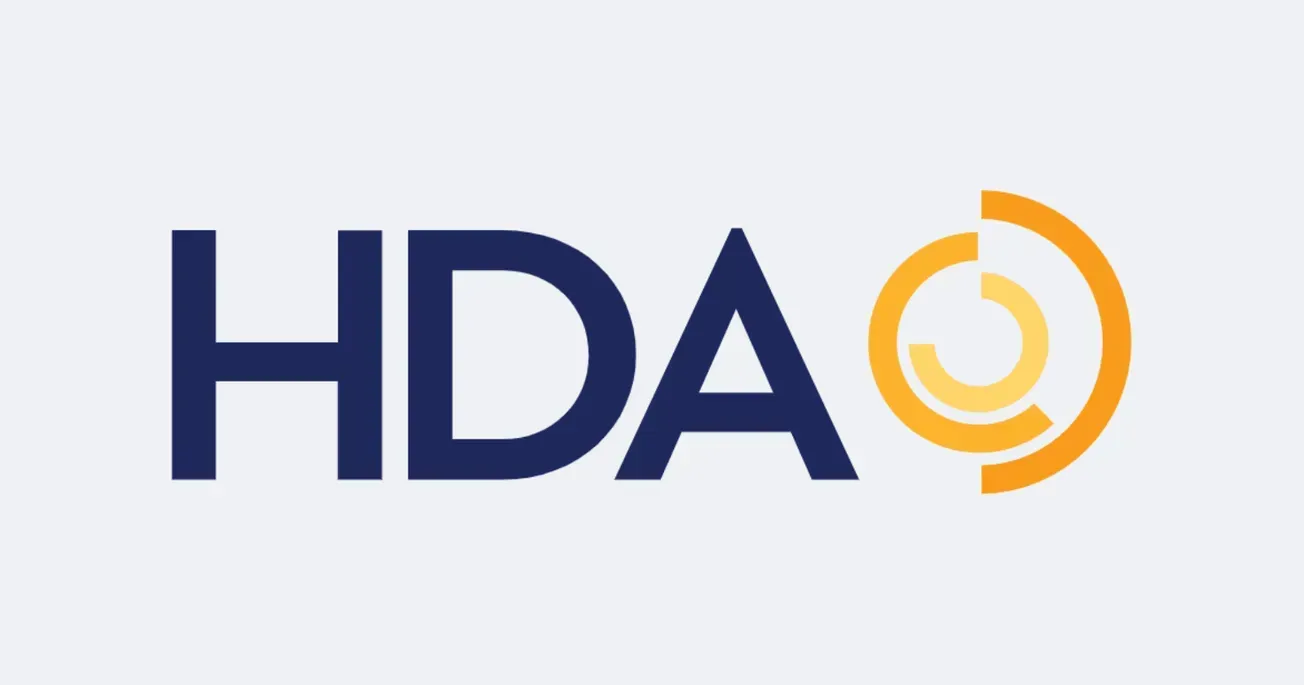CHICAGO – The Kearney Consumer Institute (KCI) has released their 2024 Q2 Consumer Stress Index. Based on a finely calibrated set of macroeconomic data and consumer input, the Index provides a multi-faceted view of consumer sentiment, beyond economics.

The new report finds that 7 out of 12 countries, including the U.S., saw an increase in stress from last quarter—a sharp contrast from last quarter’s Index.
“Consumers around the world can only be described as ‘resigned,’ with political and economic insecurity manifesting stress differently from country to country,” noted KCI lead Katie Thomas, who heads up the ongoing research series. “In the U.S. and some other Western countries, this has led to a perceived loss of agency, with consumers feeling powerless in the face of continued uncertainty. Amid this state of both persisting challenges and politics changing by the day, people feel they have less power over their lives and their future.”
The Stress Index tracks multiple components: macroeconomic data, which is updated annually, and consumer sentiment, which is calculated using two elements: consumer flexibility, consumer agency in terms of perceived optionality and ability to impact conditions; and consumer sensitivity or awareness—what issues are top of consumers’ minds and how they are feeling. Data for the Q2 2024 report was fielded in June.
“In looking at consumer behavior, it is critically important to get as complete a picture as possible, as there can be lots of anomalies at play,” said Katie Thomas.“For example, political stress feeds into financial stress—the generalized stress of politics may lead to personalized stress pegged to the economy, as can be seen with popular sentiment that jobs and personal finance are at risk even as data on job growth, inflation, and gross national product point to a robust economic picture.”
The Q2 report found that Geopolitics & Government is once again the top stressor, as it has been since the initial index was released in January 2024. In over half of the countries surveyed, more consumers are pessimistic than optimistic about their country’s political future. Respondents who were pessimistic about their country’s political future had a stress index more than 7 points higher than those who were optimistic, showing how political stress bleeds into stress across all macroeconomic factors.
KCI’s advisory for consumer-facing businesses is to help provide consistency and aim for clarity in their packaging, pricing, and marketing. Softer, less direct messaging—avoiding messages that exacerbate politics- or technology-related stress—is one key to help alleviate generalized consumer stress.
“When consumers are stressed about their country, this often translates into stress about their finances,” Thomas observed. “Our research found that two-thirds of Americans are living paycheck to paycheck—amid this, they need a source of reliability and consistency. Rather than contribute to uncertainty through practices like shrinkflation, brands have the ability to lend a sense of clarity and stability to our ‘resigned’ consumer.”









